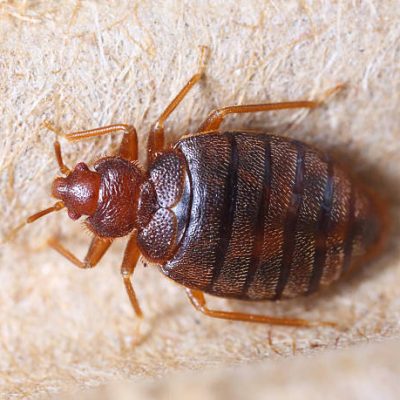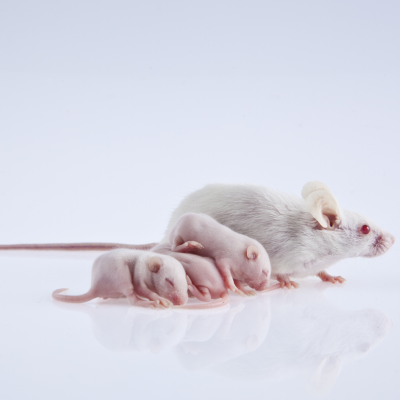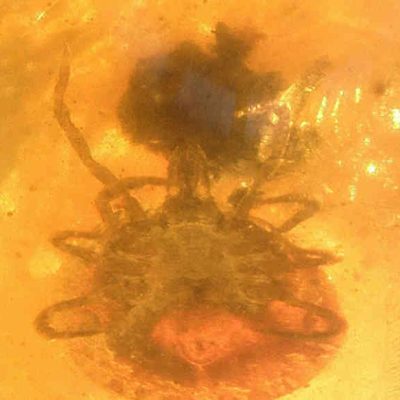The smell of cat urine stirs up a peculiar response in mice infected with Toxoplasma gondii. This single-celled parasite, Toxoplasma gondii, manipulates the rodent’s brain, activating sexual arousal zones when exposed to the predator’s scent.
Residing within host cells, Toxoplasma gondii finds its way to the cat’s intestines for sexual reproduction. Expelled through feces, it seeks warm-blooded hosts, with mice being the prime carriers, facilitating the return journey to the definitive host
Renowned evolutionary biologist Richard Dawkins explains that natural selection favors genes in Toxoplasma that alter mouse behavior, making them less likely to avoid the cat’s scent, ultimately increasing the chances of being consumed.
Toxoplasma gondii doesn’t spare the human brain. A 2015 study in Schizophrenia Research links Toxoplasma carriers to a 2.7-fold increased risk of developing schizophrenia. Manipulating behavior, the parasite may influence accident rates, attempting to fulfill its life cycle.
Infectious disease specialists emphasize the overlooked threat of toxoplasmosis, with irregular pet examinations contributing to its spread. While generally mild, toxoplasmosis poses severe risks to pregnant women, leading to natural abortion or fetal brain diseases.
Widespread globally, some countries harbor over half their population as carriers. In Europe, France and certain South American nations witness substantial distribution. Melashvili suggests that Toxoplasma gondii might play a more significant role in shaping behaviors and cultural norms than commonly perceived.









